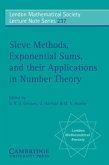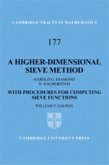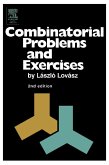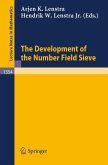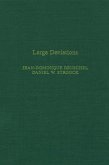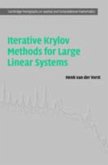Among the modern methods used to study prime numbers, the 'sieve' has been one of the most efficient. Originally conceived by Linnik in 1941, the 'large sieve' has developed extensively since the 1960s, with a recent realisation that the underlying principles were capable of applications going well beyond prime number theory. This book develops a general form of sieve inequality, and describes its varied applications, including the study of families of zeta functions of algebraic curves over finite fields; arithmetic properties of characteristic polynomials of random unimodular matrices; homological properties of random 3-manifolds; and the average number of primes dividing the denominators of rational points on elliptic curves. Also covered in detail are the tools of harmonic analysis used to implement the forms of the large sieve inequality, including the Riemann Hypothesis over finite fields, and Property (T) or Property (tau) for discrete groups.
Dieser Download kann aus rechtlichen Gründen nur mit Rechnungsadresse in A, B, BG, CY, CZ, D, DK, EW, E, FIN, F, GR, HR, H, IRL, I, LT, L, LR, M, NL, PL, P, R, S, SLO, SK ausgeliefert werden.



